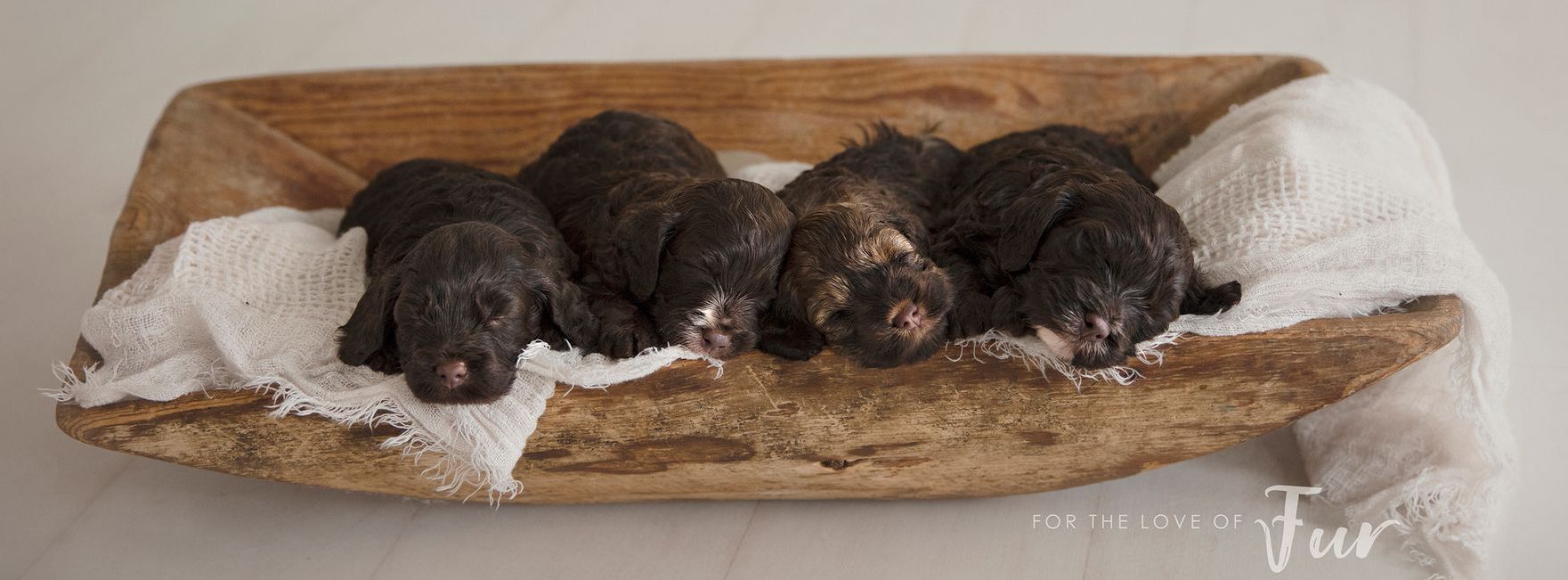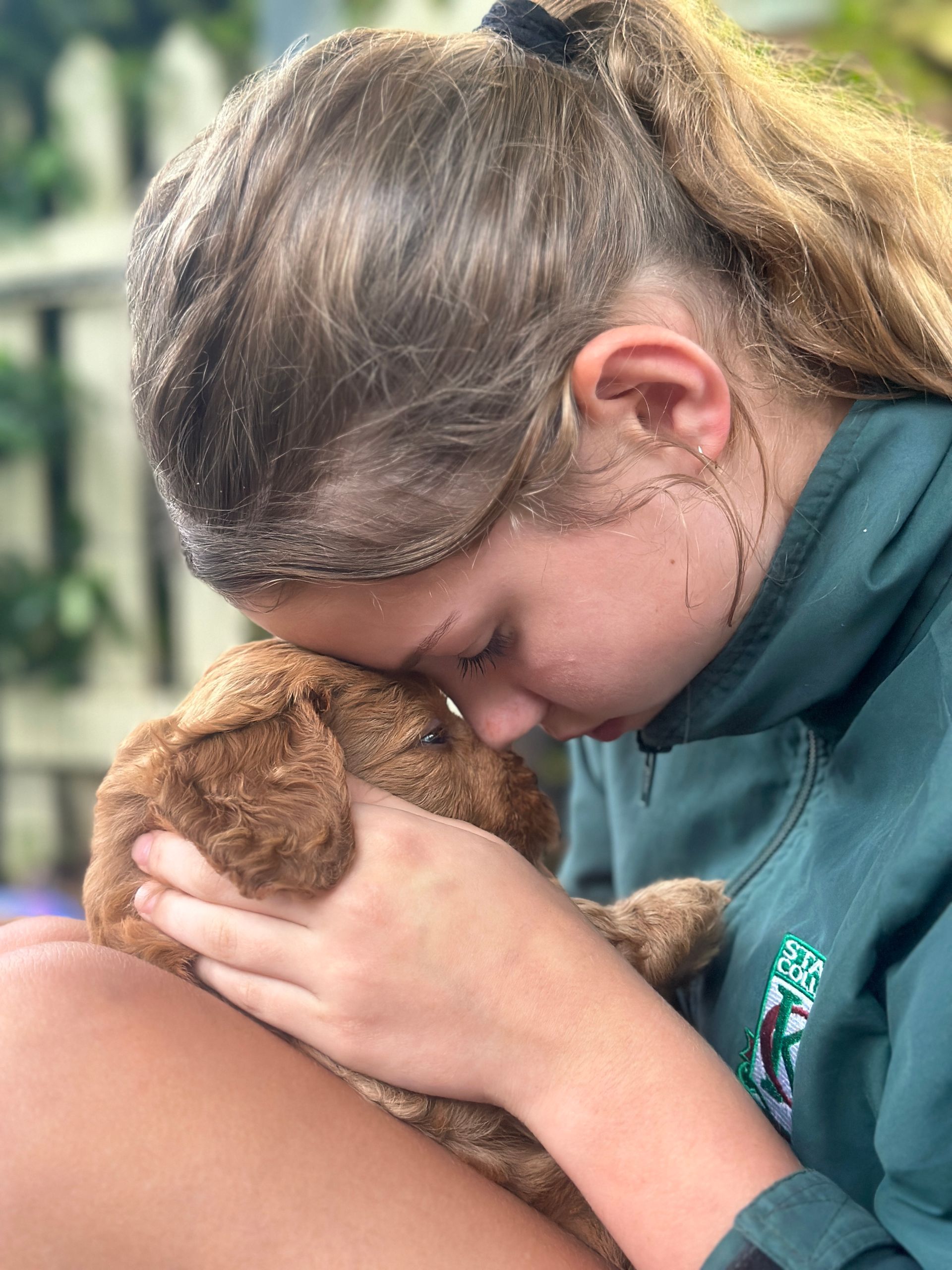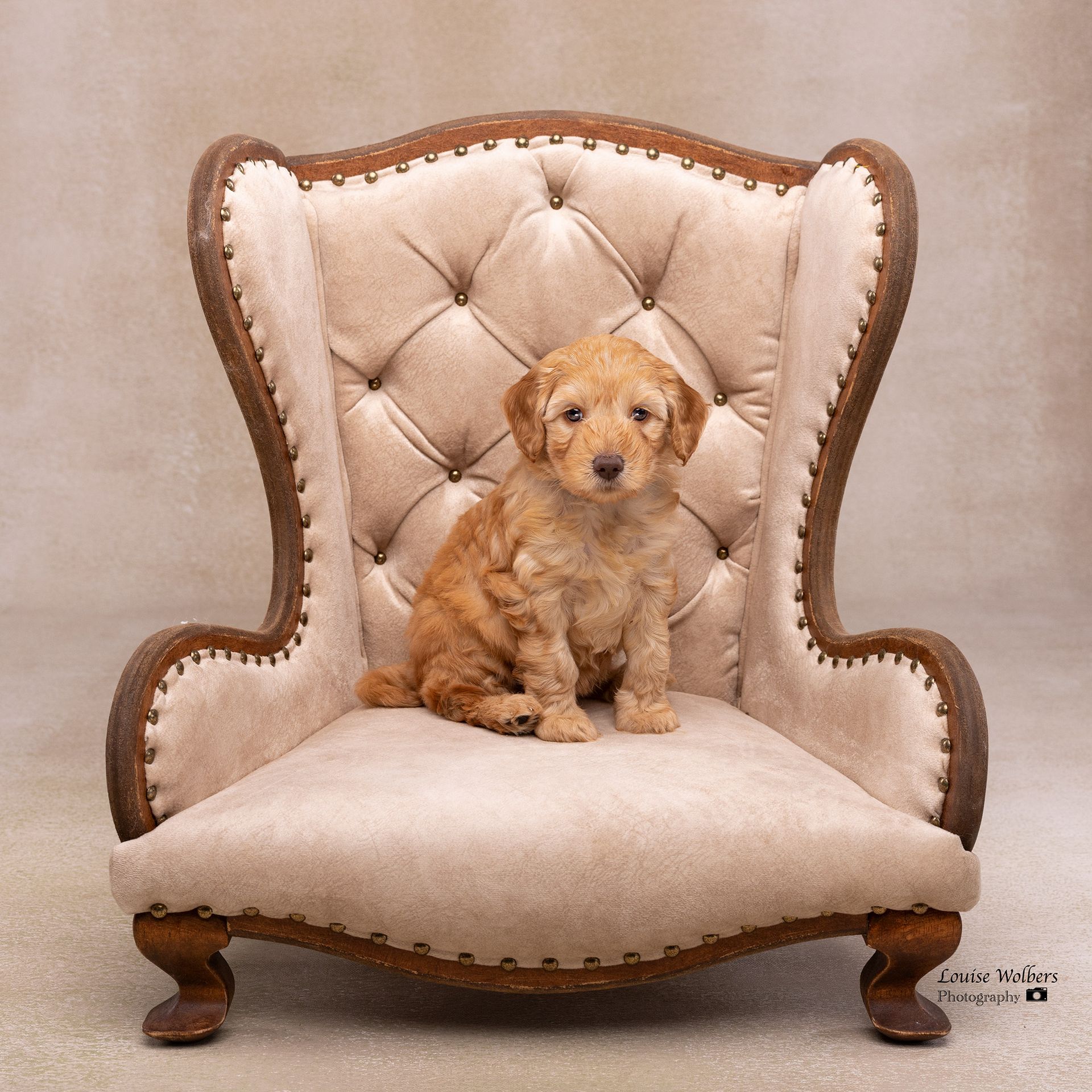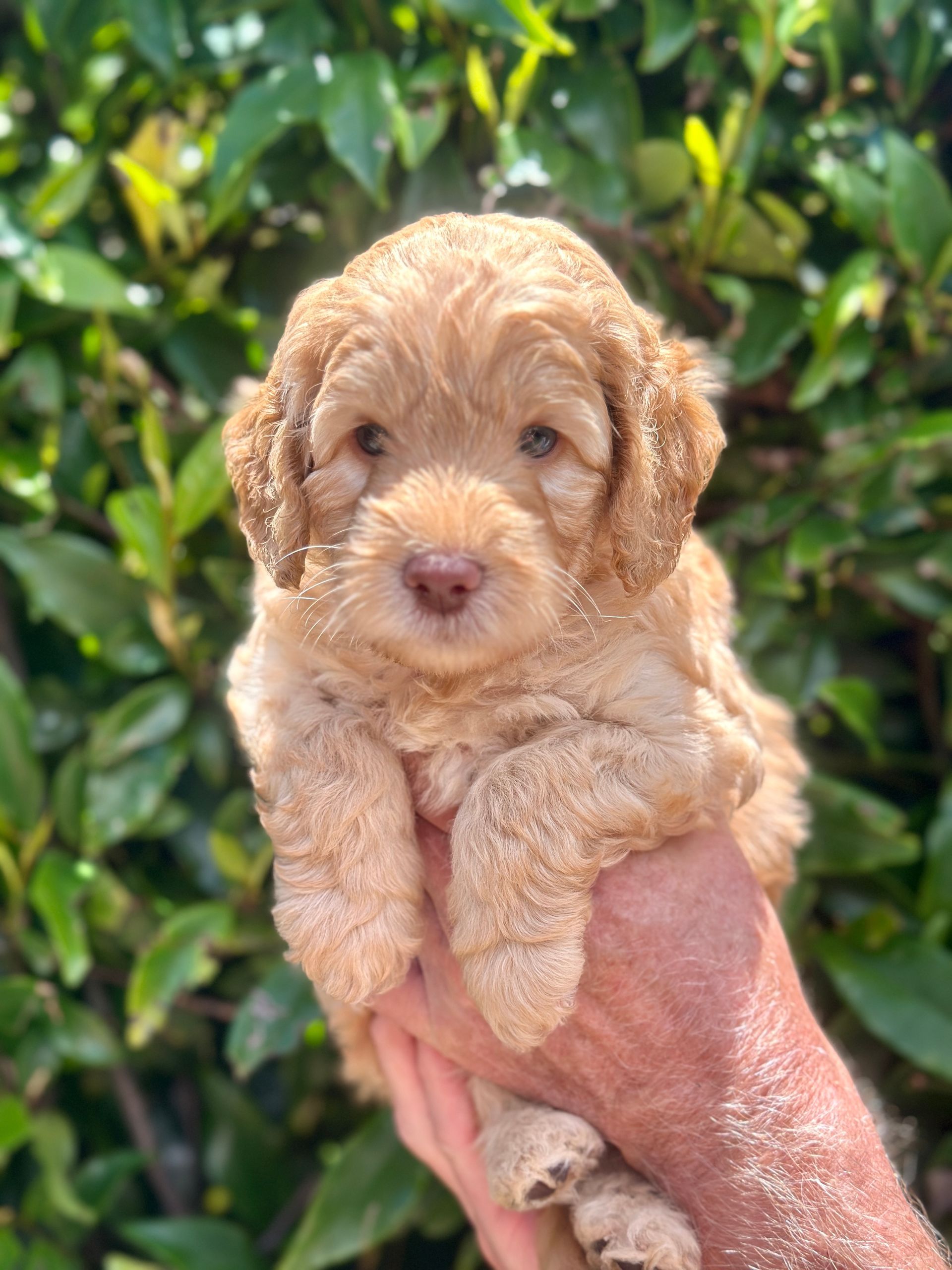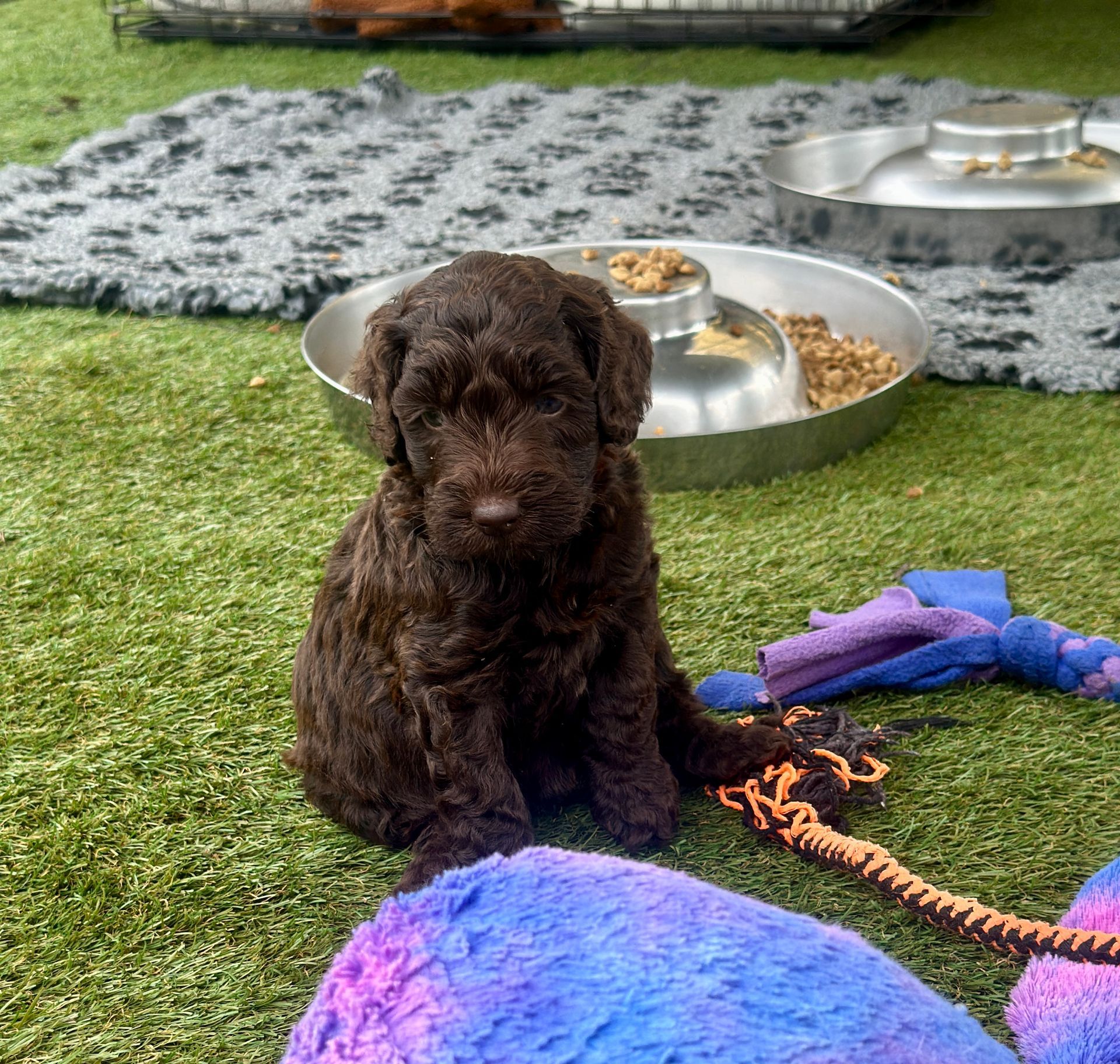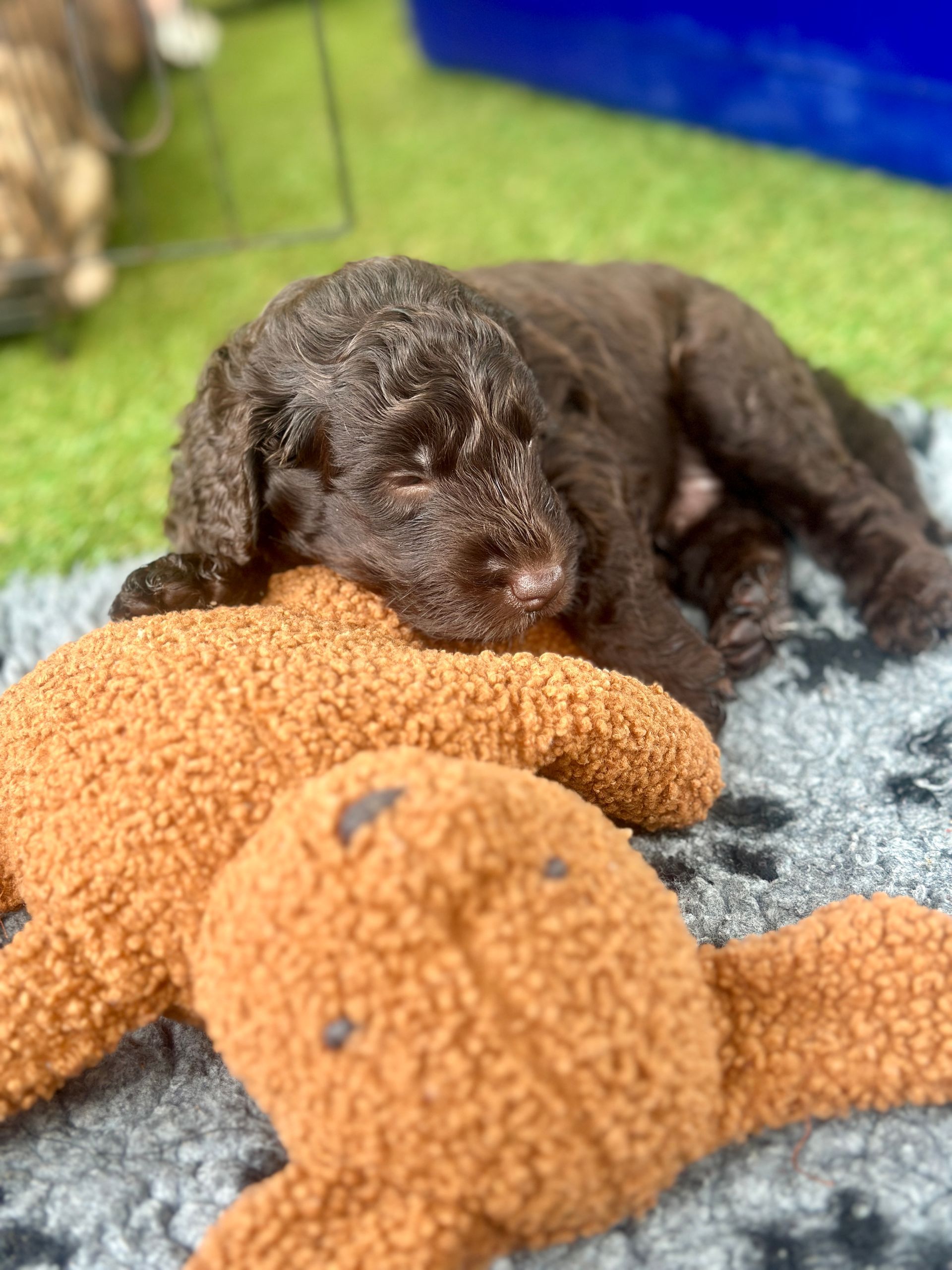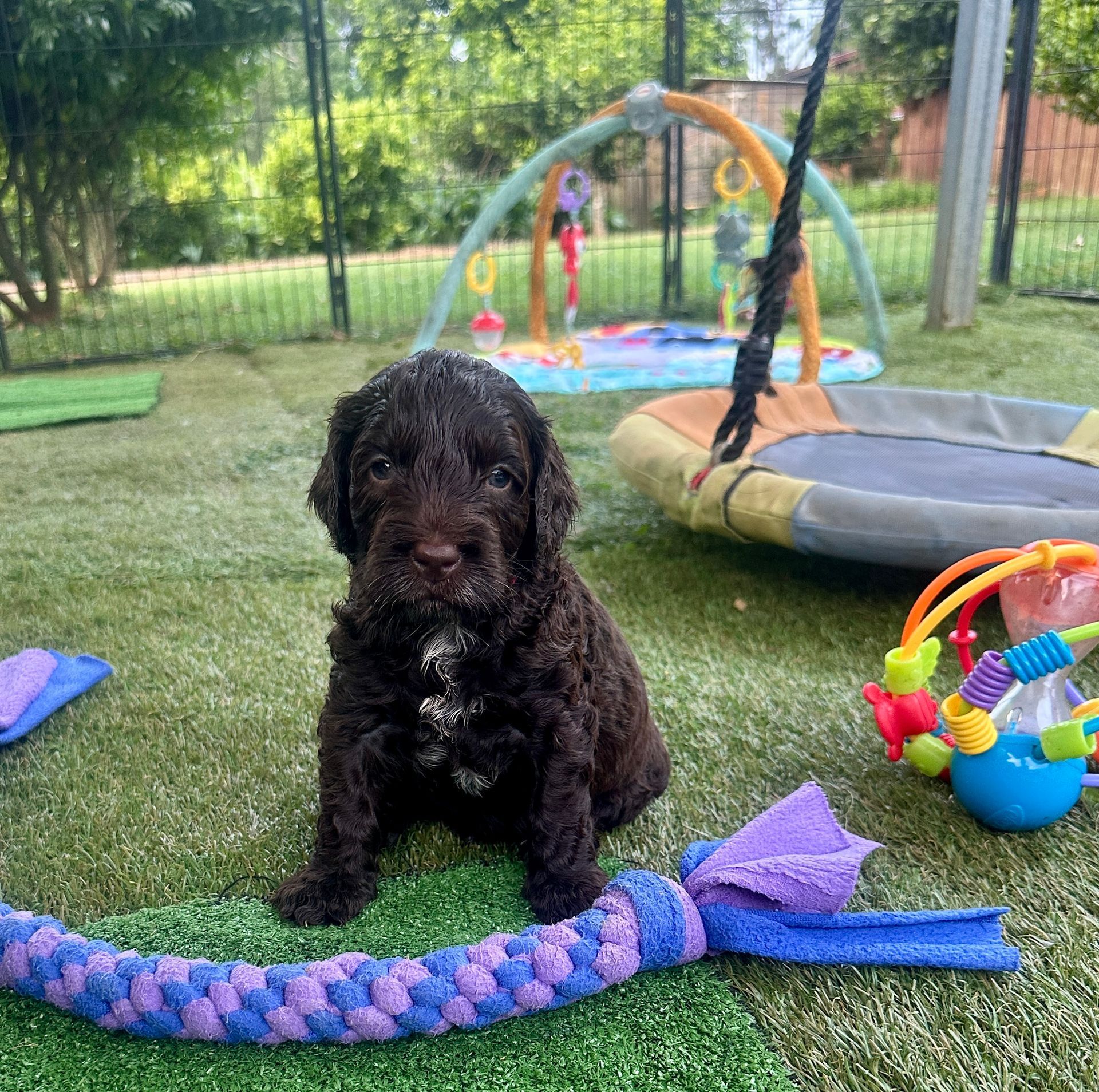Labradoodle
News & Stories
How to ensure a well adjusted adult dog
The Crucial Role of Puppy Socialization: Setting the Foundation for a Well-Adjusted Dog
Welcoming a new puppy into your home is an exciting adventure filled with joy and companionship. However, amidst the cuddles and playtime, there lies a critical responsibility: socialization. The first 12 weeks of a puppy's life mark a pivotal period known as the critical socialization window, during which exposure to various people, animals, environments, and stimuli lays the groundwork for their future behavior and temperament. Furthermore, ensuring that your furry friend experiences positive interactions during their first 12 months is paramount, as negative encounters during this period can lead to long-lasting repercussions in their adulthood. ### Understanding the Critical Socialization Period From approximately 3 to 12 weeks of age, puppies undergo rapid neurological development, making them particularly receptive to new experiences. This period is crucial for shaping their social skills, confidence, and ability to adapt to different situations. Proper socialization during this time can help prevent fear, anxiety, and aggression in adulthood, ultimately fostering a well-rounded and emotionally balanced companion. ### Benefits of Early Socialization
1. **Reduced Fear and Anxiety:** Exposing puppies to a variety of people, including children, adults, and strangers, helps them build confidence and reduces the likelihood of developing fear-based behaviors later in life.
2. **Positive Interaction with Other Animals:** Introducing puppies to friendly dogs, cats, and other animals teaches them appropriate social cues and helps prevent aggression towards unfamiliar pets in the future.
3. **Adaptability to Environments:** Exposing puppies to different environments, such as parks, streets, and busy areas, promotes adaptability and reduces the likelihood of developing phobias or anxiety related to specific locations.
4. **Handling and Grooming Acceptance:** Gentle handling and exposure to grooming practices like brushing, nail trimming, and bathing at an early age promote tolerance and cooperation during grooming sessions throughout their lives. ###
Avoiding Negative Experiences in the First 12 Months While socialization is crucial, it's equally important to ensure that your puppy's experiences during their first 12 months are overwhelmingly positive. Negative encounters, such as traumatic incidents, rough handling, or frightening situations, can have lasting effects on their behavior and emotional well-being. Here's why avoiding bad experiences is vital:
1. **Fear Imprinting:** Puppies are particularly susceptible to fear imprinting during their formative months. Traumatic experiences can leave a lasting imprint on their psyche, leading to fear-based behaviors, aggression, or avoidance in similar situations later in life.
2. **Trust and Bonding:** Negative experiences can erode the trust between you and your puppy, hindering bonding and creating challenges in training and socialization efforts.
3. **Behavioral Problems:** Puppies that experience trauma or fear-inducing situations may develop behavioral problems, such as aggression, anxiety disorders, or phobias, which can be challenging to address later in life. ###
The Role of Responsible Ownership As responsible pet owners, it's your duty to provide puppies with a safe, nurturing environment and expose them to positive experiences that shape their development into well-adjusted adult dogs. This includes: - Gradually introducing them to new people, animals, and environments in a controlled and positive manner. - Monitoring their reactions and providing reassurance and support when needed. - Avoiding situations that could potentially overwhelm or frighten them. - Seeking guidance from a professional trainer or behaviorist if behavioral issues arise.
In conclusion, the importance of socializing your puppy within the critical socialization period of 12 weeks and then the first 12 months cannot be overstated. By exposing them to a wide range of experiences and ensuring that these experiences are overwhelmingly positive, we can lay the foundation for a confident, well-adjusted, and emotionally balanced adult dog. Remember, the investment you make in your puppy's socialization today will pay dividends in their future happiness and well-being.

